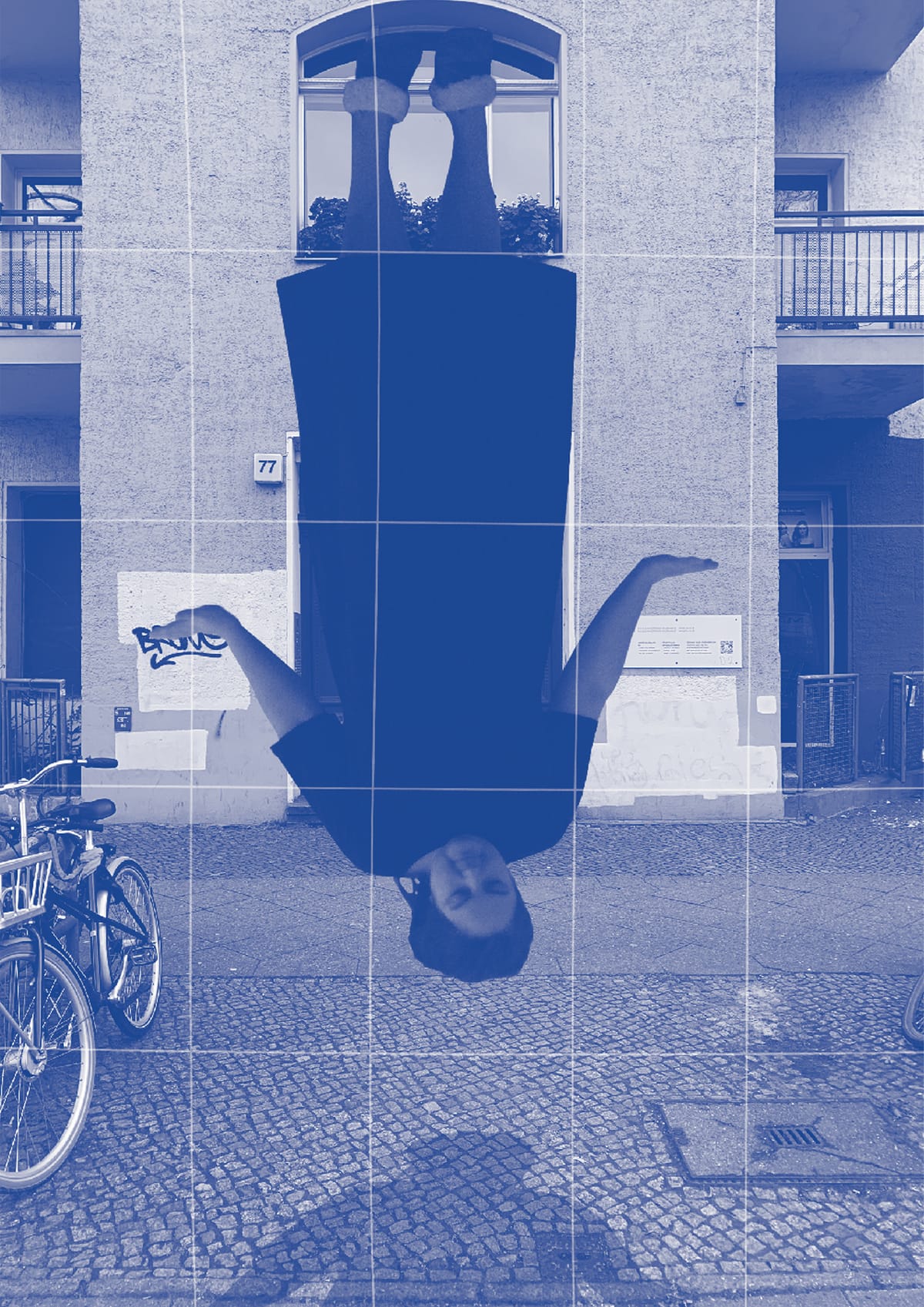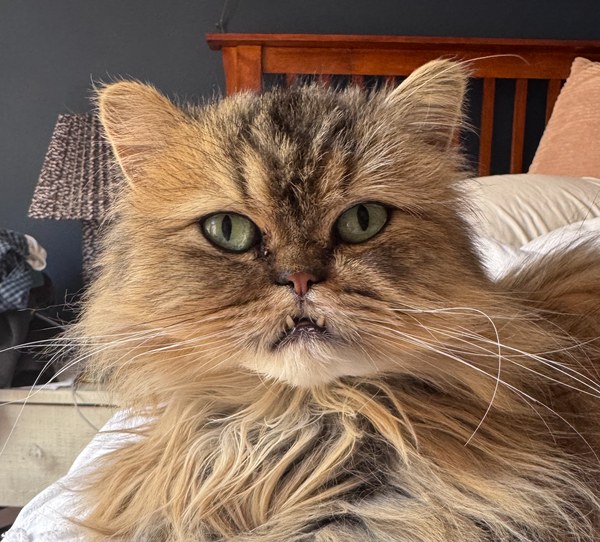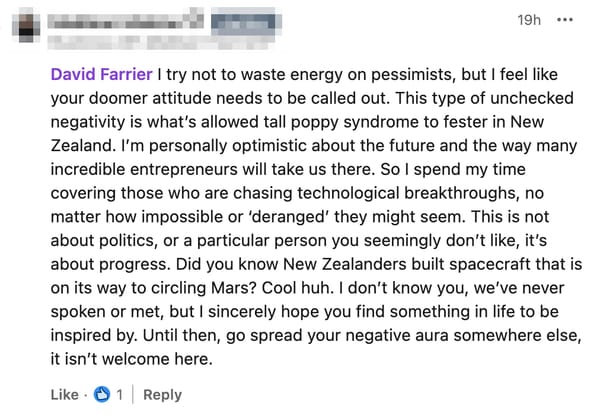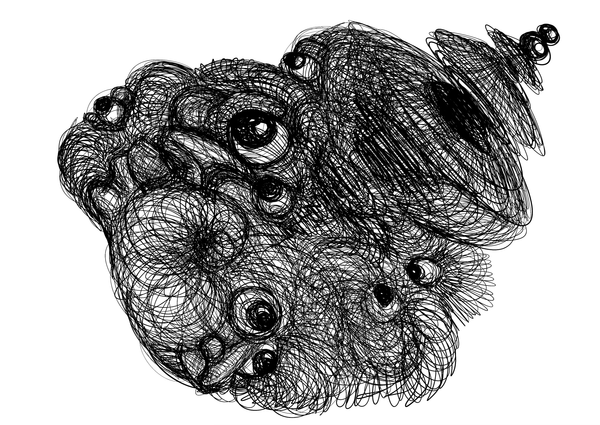When your mind's eye is firmly shut
After writing about memory, a friend got in touch and told me something incredible

Hi,
Thanks so much for reading and getting in touch about by memory story last week. I had no idea my forgetting Rob Schneider would resonate so much! To be clear — I haven’t been diagnosed with ADHD, but things point in that direction. It’s a journey of understanding I’m just beginning.
Lots of you commented about your own experiences and it made me feel more, well, sane. Sam sent me this:
“Besides memory, the effects on sense of time are intense for non-neurotypical people. There’s only now, or not-now. Sleep patterns bounce all over. You simply can’t follow a 9-5 schedule. It can make the smartest people struggle in school. You get beaten down for being lazy, a disappointment, careless and selfish. I’ve never had health insurance in the USA and have no treatment. The only things that work like medication are cycling (I’ve read it has clinically proven results, other sports don’t) and adrenaline rush experiences. This year has been a struggle with being separated from experiences I needed, but already working from home helps to weather it. I’m glad to see recognition about this stuff.”
Raoul told me it’s been a lifelong battle for him:
“I just wanted to thank you for putting yourself in a vulnerable position and sharing your thoughts/suspicions about ADHD publicly. I was diagnosed with this nearly two years ago, following an intense period of professional, personal and relationship upheaval where my job, career and marriage were all in jeopardy. I found solace in the diagnosis — not as an excuse for shitty behaviour or neglecting my duties, but as an explanation for why I found seemingly simple things so fuckin’ difficult.
One thing that a lot of people don't realise about ADHD is that other mental issues (most commonly depression and anxiety) are often present. Thankfully there is a growing community of diagnosed folk who are generally compelled to offer support, share experiences and be open about their struggles — and I’m at a place now where I've got a solid support network in place, a very good therapist and a suite of strategies that help me out.”
Finally, I wanted to share what Adam had to say:
Great timing. I’m booked in for a diagnosis with a psychiatrist next week. Really loved this article. I found it very relatable. The reason why I’m seeking professional help is that I’ve realised my behaviours negatively affect work and home.
With work, I was retrenched from my last role. I felt cherry-picked because the manager regularly brought up that I look around the room while people talk to me. I also forgot details or lost interest in tasks (I have a terrible memory too). With ADHD there’s a thing called hyperfocus — my manager found it rude that he’d be talking directly to me but from my perspective, nothing was happening outside the flow (or rewarding thing) I was in. The manager had it out for me and it felt like there was nothing I could do to make things better.
With home, it’s mainly hyperfocus. My wife thinks I ignore her intentionally, which hurt to hear when it doesn’t line up with your self-perception. There are also annoying quirks like forgetting: groceries; why I walk into rooms; doing chores; paying bills. Me being unreliable with those things is not laziness. Laziness is on purpose.
Despite all that, I like who I am. I think my (what I suspect are) ADHD behaviours are what makes me great at my job. There are certainly pros to ADHD. However, when some of these unintentional behaviours affect your personal and professional relationships, then it is worth seeking out help.
Adam actually just emailed me again, as I was about to send this newsletter out. “The psychiatrist confirmed it. I start on medication next month which should help with my focus. There’s also small things like putting up a whiteboard at home which can help, like not forgetting to do a chore.”
I asked Adam, Sam and Raoul if they’d be happy with me sharing their experiences — thanks so much for saying “yes”.
And then I heard from someone else — my friend Kate. She’s usually found in Berlin, and it’s been a few years since I last saw her. We went to a metal show at The Spandau Citadel, which is big castle. Europe, huh?
Kate shared something with me that kinda blew my mind, and so I asked her to write about it. To cut a long story short — I can close my eyes at any moment during my day, and imagine that gig we saw. I can see the stage, the castle and the band throwing themselves around on stage.
Kate can’t.
“Imagine black. Not a black room or a black piece of paper. Just black. Just nothingness”
by Kate McCarten

Just over a year ago — before the apocalypse officially started — I had taken my annual escape from the grim winter in my adopted home of Berlin and returned for a few weeks to my sunny kāinga tupu, Aotearoa New Zealand. I had recently read an article about a woman who doesn’t have a stream of consciousness. As in, she doesn’t think in words. She doesn’t have a voice in her head. It had blown my mind and so I started telling my sister about it. She immediately interrupted me, as sisters are prone to do.
“Oh my god, yeah I know about this—that thing where people can’t visualise stuff, right?”
Wrong. But wait, what are you talking about now?
My sister began explaining that there are some people out there who don’t have a mind's eye; who don’t see pictures in their head when they’re thinking. And that blew her mind. The more we discussed it, the more confused I got. It eventually dawned on both of us why I was so confused: I am one of those people. I don’t have a mind’s eye. I don’t see pictures in my head when I’m thinking. And what’s more, I’d never even realised that anyone could do that.
I’d accidentally discovered I had aphantasia – all thanks to a chance conversation with my sister.




